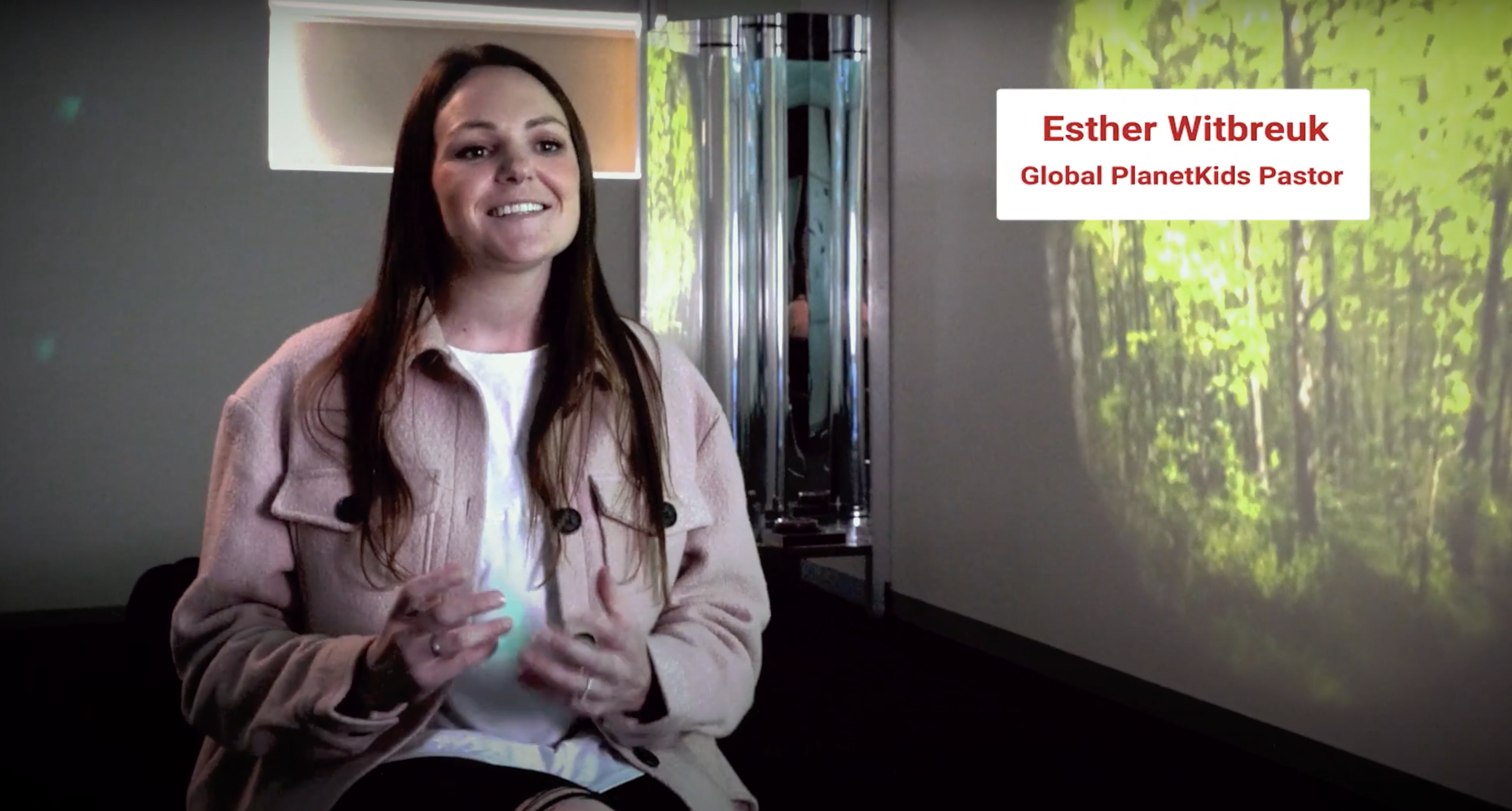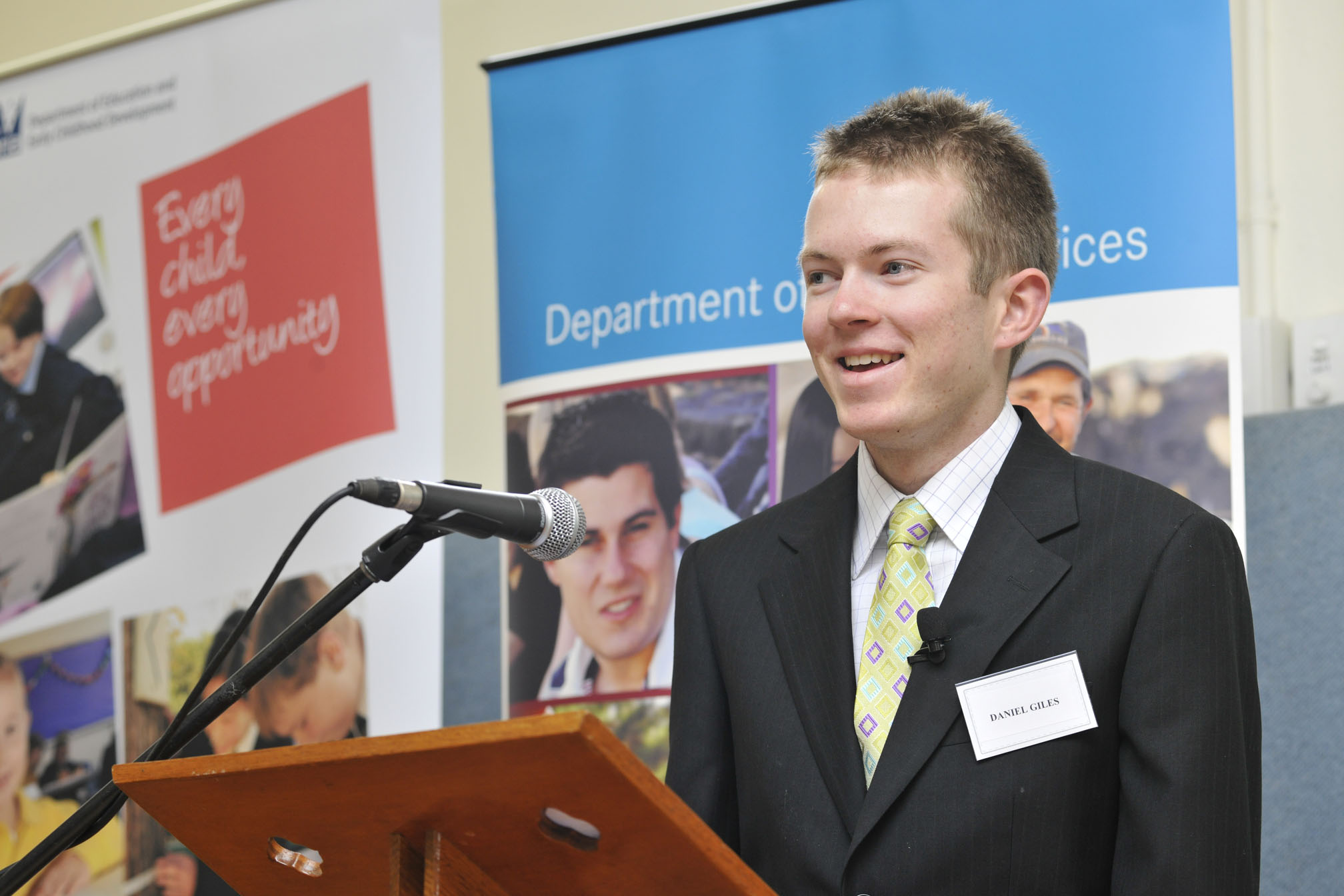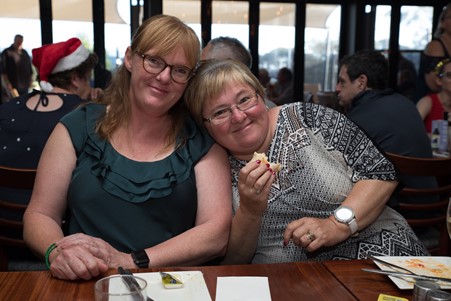Strength in weakness
May 3, 2022 | Author: Elena Down
If you had told me as a timid 12-year-old, just fitted with hearing aids, that one day I would celebrate my disability, I would have thought you were seriously deluded.
But bringing me from mourning to celebration is a great act of love that a wise God has worked in my journey with him so far.
So how did I reach this point – what has happened since that day when I was so miserable and unsure, so devastated and uncertain about the difficult future that might lie ahead because of my deafness?
Let me tell you something of my journey by reflecting on three questions I think I’ve been asking all my life (and you might have been too!):
- Do we see disability as punishment or gift?
- Do we see disability as weakness or strength?
- Do we see people with a disability as those who need to be ministered ‘to’ or as those ‘with’ whom we can minister and ‘from’ whom we can learn?
Early church – acceptance, love, enabling
Thanks to my parents and grandparents I had the privilege of growing up surrounded by Christian values and wise counsel. It laid a firm foundation on which I’ve built my life.
My early experiences of church were overwhelmingly positive. There I was nurtured and loved in the company of people of all ages, and came to understand Jesus’ love for me through the love shared among the congregation.
There was a family at my church who had three children, one of whom had Down syndrome. They learned so much through that experience that they chose to adopt another child with Down syndrome. They were inspirational people of great love.
Another lady at our church lost her hearing and her speech as a result of a stroke – her family had to find new ways to communicate with her. The church committed to learning sign language, and helped her and her family stay connected to the church.
Some churches seem to have the idea that you need to be ‘called’ to do ‘disability ministry’. I always thought that a bit strange – aren’t we called to love everyone and bear one another’s burdens? My early experiences taught me that church communities, when they are inclusive, can be a source of immense encouragement – to people with disabilities, their families and the wider community.
Praying for ‘healing’ – a punishment or a gift?
Some people have felt the best response to my disability has been to pray that I would be healed. Now there is nothing inherently bad about praying for healing. God asks us to pray big prayers, and indeed, Jesus healed a deaf man. I’m sure that some people have thought their prayers for me were not answered – after all, I’m still deaf.
Others have told me if I only had more faith I would be healed. I’ll leave God to measure my faith, knowing that his ways are higher than mine.
In my own situation I feel that God has said, “Elena, this is how I made you, and I don’t make mistakes – ‘my grace is sufficient for you, for my power is made perfect in weakness’ (2 Corinthians 12:9).” Therefore with Paul I will boast about my weakness, that God’s power might work through me – and so that the glory goes to him. After all, it’s often my deafness that God has used to conform me more to the pattern of his Son:
- Experiencing barriers gives me great compassion and empathy for the struggles of others.
- Experiencing rejection, discrimination, exclusion and injustice makes me stand up for God’s values of inclusion, equity and justice.
- Facing daily exasperating situations allows me to develop patience, perseverance and self-control.
- Knowing my own limitations means I am more aware of my need to rely on God’s strength.
God has worked, not ‘despite’, but rather ‘through’ my disability. He has allowed me to use my disability in both my public and professional life, and in my ministry.
Leadership and equipping – seeing the giftedness
I owe a lot to people who saw my disability as a gift, and recognised the seeds of leadership God had planted in me. They nurtured me, allowing me to ask hard questions, struggle with God and grow in my faith. I’ve been able to use this to help others struggling with similar questions. Sometimes you need to walk the road to earn the right to speak.
But for a long time I felt I had to ‘rise above’ my disability, to succeed ‘despite’ it.
I’m so grateful to the mentor who sent me to a deaf women’s project in India. I’d like to say I was elated, but in fact I was indignant! Just because I had a hearing impairment didn’t mean that I should go and work with deaf people. I had lots of skills to offer. But in her quiet wisdom, she saw my deafness as a gift that would particularly benefit this project.
I learned a lot in India – about myself, my values and what God’s values really are. I experienced material poverty but a wealth of friendship and joy – particularly among the deaf believers. I was loved and accepted by deaf women because I was ‘one of them’. I was able to share about my faith and what God meant to me. For the first time, I could see that my deafness was something that could open doors to others coming to know God. I could see it was part of me he loved.
And so I responded next to a call from God to go to China to work with the deaf, of whom there are some 90 million – most without opportunity to know God.
It was possibly the scariest step I have taken, and also the most amazing two years of my life. What people said would be impossible, God made possible. I not only mastered written and spoken Chinese, but also several dialects of sign language. I mentored deaf uni students, helped set up a support group for parents of deaf kids, and started sign language classes with a local deaf student. I had amazing opportunities to share my faith and see people come to know God – not only deaf people, but several language teachers as well.
It’s a joy to me that seeds I planted during that time have borne fruit with a deaf church now established in that city. I’m reminded again that God’s word goes out – indeed, sometimes in sign language – and it never returns to him empty.
Learning from the giftedness of others
Looking back I realise I’ve learned so much from my friends with disability throughout my life.
I’ve been challenged by the unaffected, honest and sincere love for God of my friends with intellectual disability. We often make our faith so complicated when all God wants is a humble and faithful heart that responds to him.
During college I met Lisette, who is blind. I’ll never forget the stack of Braille chapters of her Bible piled next to her desk! External appearances didn’t matter to her. She reminded me that God looks beyond the surface – he examines the heart.
Some of the most powerful teaching I received was from a preacher who had been born deaf and had become blind. He needed tactile sign language to receive communication, but was one of the most intelligent, positive and insightful people I’ve met.
Perhaps it was the hours of time to sit and reflect, uncluttered by the cacophony of sights and sounds that so easily distract us.
A friend of mine who lives with depression shared with me his firm belief in the truth that God loved him, regardless of his subjective experience or feelings.
He has an unwavering trust that ‘nothing can separate us’ from that love.
My faith would have been less if I had not met these people. And yet I look in churches and don’t see people with disabilities there.
So what’s the role of churches?
I believe we impoverish the church and rob ourselves of all that God can teach us when we fail to fully include people with disabilities.
Jesus demonstrated an inclusiveness and concern for people with disabilities, and told parables to show their place in the kingdom of God. Church communities should be marked by similar commitments.
I know I have at times felt excluded when there is no audio loop or interpreter, when people bow their heads too low so I can’t lipread their prayers, when there is a preoccupation with music and singing which I can’t easily participate in, or if conversation in home groups is too fast. I know many older people stop attending church when their hearing starts to fail. We all miss out when this happens.
My sneaking suspicion is that most churches don’t set out to intentionally exclude people with disabilities; they just never really stop to consider the barriers that prevent them participating.
The key is our attitude – having a motivation of justice, love and equal concern (1 Corinthians 12:25), and proactively encouraging church members with a disability to have active roles in the congregation. People with disabilities want to be – deserve to be – included in an accepting and welcoming community, and to bring their gifts and talents. Making sure we are inclusive is simply a part of the great commandment to ‘love one another’.
Finally, to believers who know disability first-hand
For those who have faced exclusion and frustration because of disability, can I share with you the deepest treasure of wisdom garnered over my life: my true inner strength comes from knowing that God is the truest and most trustworthy ‘friend of my heart’:
- He knows all my thoughts, knows all my weaknesses, my fears, my hurts and disappointments, and my anger – indeed sometimes even my rage at injustice when people with disabilities are being treated unfairly and excluded.
- He even knows I’ve sometimes felt angry at him for my disability during the tough times.
- And yet (here’s the best bit) in the Bible he has promised me that he loves and accepts me, just as I am – nothing more, nothing less.
If God is for me, who can possibly be against me? If God was prepared to go to such great lengths to draw me to himself, won’t he also be able to help me through whatever difficulties and obstacles may come my way? This is the truth that has brought me enormous freedom and the inner strength to see me through whatever challenges life throws at me. May this truth be yours as well.
About Elena Down
Elena Down was a Senior Technical Advisor at CBM Australia where she was a passionate advocated for people with disabilities. Driven by her Christian faith, Elena had a deep passion for social justice that left a legacy of positive change in the lives of so many.
Elena died unexpectedly from a pulmonary embolism on a flight to Geneva in March 2017. Elena will be remembered for her passionate spirit and committed faith that outworked in all areas of her life. For this we are so thankful to have been able to witness and are encouraged by her example.
Learn more about including people with sensory impairments in your church
https://www.cbm.org.au/community-stories/strength-in-weakness-disability-church-deaf
Related Stories

Planetshakers ‘Champions’ Ministry – Esther Witbreuk
In this video, Global Planetkids Pastor Esther Witbreuk from...

Autism from the inside
Hi, I’m Daniel and I’m proudly Autistic. I live independently, work part-time as a graphic designer for Catholic Education Sandhurst, and run my own business Speaking Insights where I...

What the Bible taught me about my child born with an intellectual disability
When my son was born with Down Syndrome, I...
